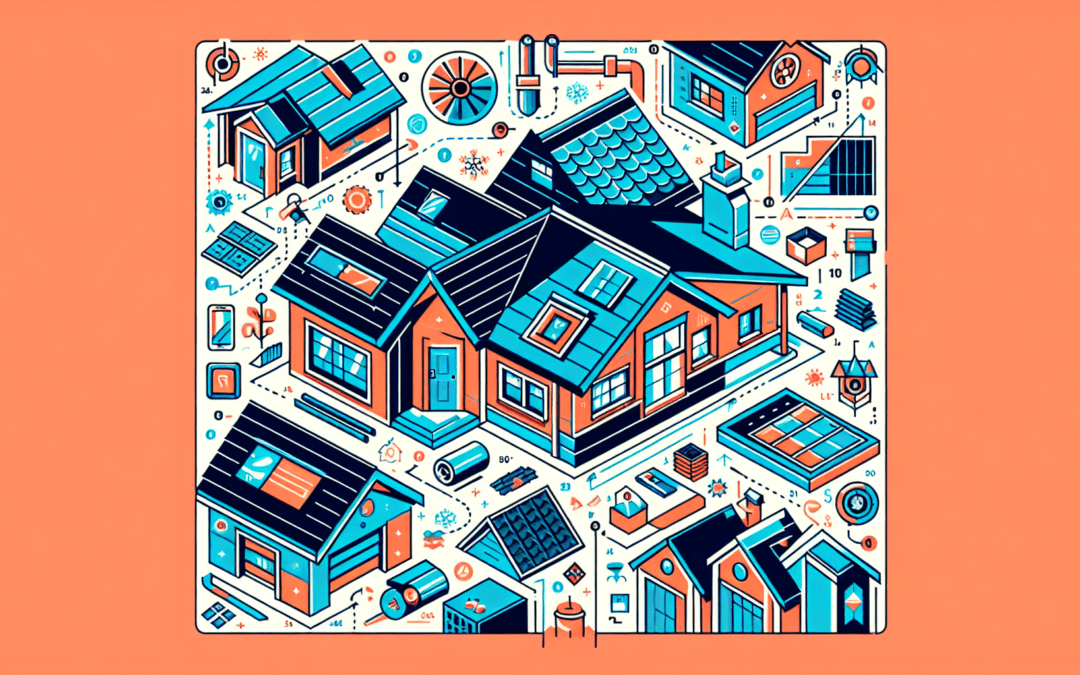Different Types of Roofing Materials
The market offers a variety of roofing materials, each with its own set of advantages and disadvantages. Some of the most common include asphalt shingles, metal, tile, slate, and wood shakes. Factors to consider when choosing a roofing material include lifespan, cost, maintenance requirements, and the architectural style of your home.
Signs Your Roof May Need Attention
Several indicators can signal your roof may need maintenance or replacement. These include visible signs of aging such as cracked, curled, or missing shingles, leaks or water damage inside your home, sagging roof decks, and an excessive amount of shingle granules in your gutters. Early detection of these issues can save you from costly repairs down the line.
Importance of Proper Ventilation and Insulation
Adequate ventilation and insulation play a critical role in extending the lifespan of your roof. Proper ventilation helps regulate temperature and moisture levels in the attic, preventing damage from heat buildup or ice dams in colder climates. Similarly, effective insulation helps maintain consistent indoor temperatures, reducing the risk of damage from fluctuating temperatures and contributing to overall energy efficiency.
Choosing the Right Roofing Contractor
Whether you’re replacing your roof or undertaking significant repairs, selecting the right contractor is essential. Look for roofing professionals with a solid reputation, proper licensing and insurance, and experience with your type of roofing material. It’s also wise to get multiple quotes and ask for references to ensure you’re getting the best quality work at a fair price.
Routine Maintenance and Upkeep
Regular maintenance can significantly extend the life of your roof and prevent minor issues from becoming major problems. This includes cleaning your gutters regularly, conducting annual inspections, trimming overhanging branches, and addressing minor damages promptly. An ounce of prevention is indeed worth a pound of cure when it comes to roofing.
Understanding Your Roof’s Warranty
Most new roofs come with a manufacturer’s warranty, which covers defects in roofing materials, and a workmanship warranty from the contractor to cover installation errors. It’s important to understand what each warranty covers, their duration, and any actions that might void your warranty. Keep all related documents in a safe place should you need to file a claim in the future.
In conclusion, while the intricacies of residential roofing can be complex, a basic understanding can go a long way in ensuring your home stays protected and beautiful. Paying attention to the materials, maintenance needs, and the professionals you hire to work on your roof will help keep your home in top condition for years to come.

